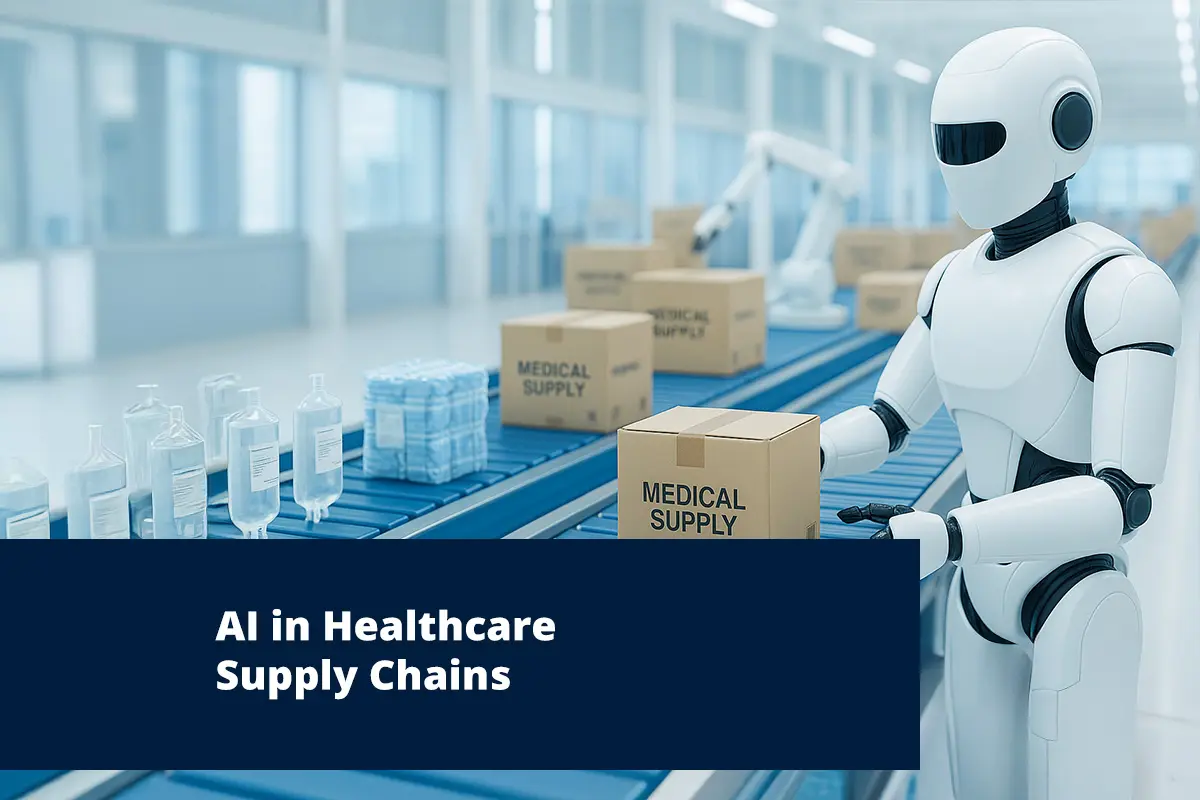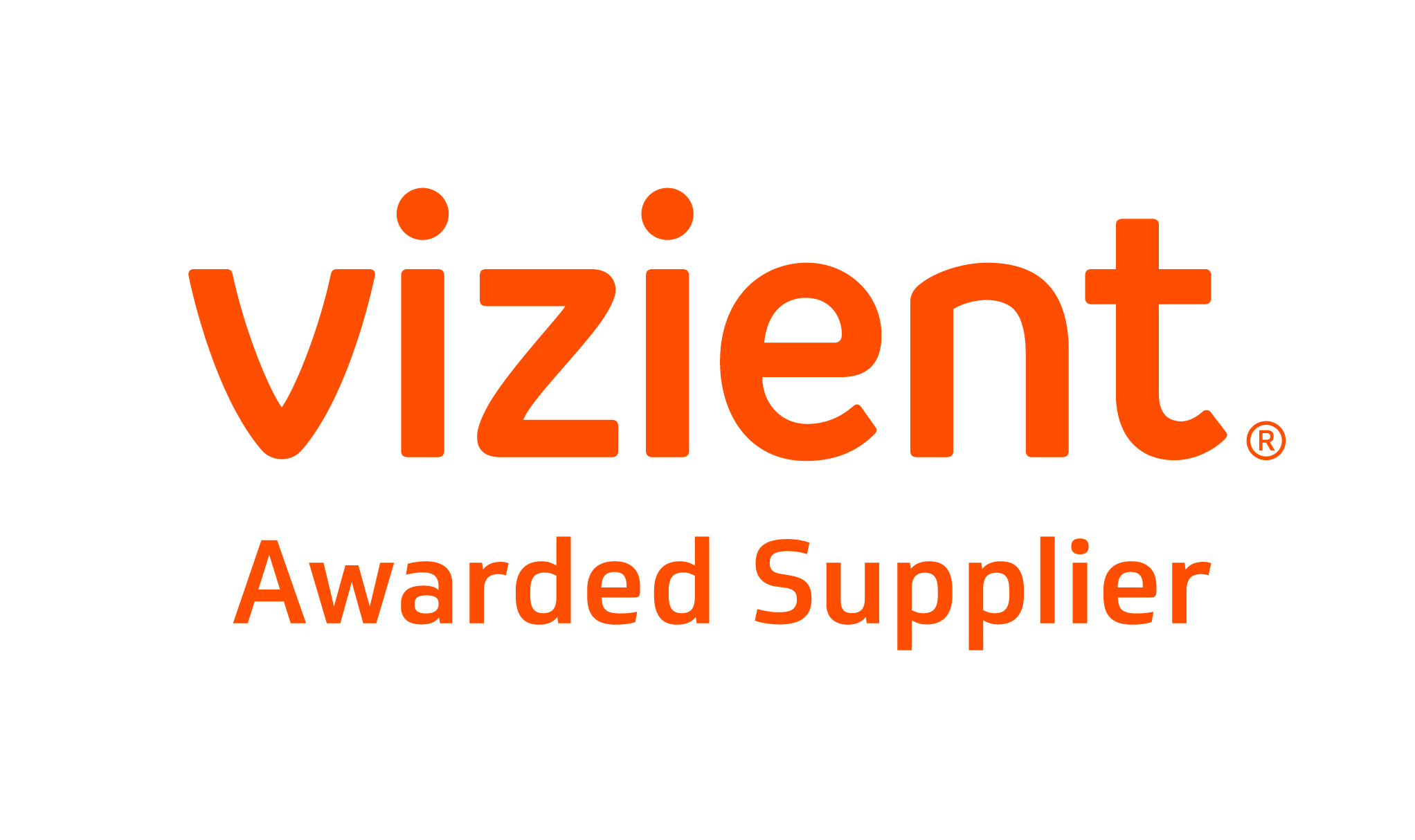
New AI powered software and predictive analytics offer the opportunity to automate, streamline and apply learnings from large volumes of data to the decision making processes of hospitals and healthcare providers.
Ultimately the goal of using AI and predictive analytics in healthcare is to ease the burden on healthcare teams, improve patient experiences, while also creating greater efficiencies in time and costs.
The Role of Predictive Analytics
Sourcing products, managing stock levels, anticipating demand and staying on top of seasonal spikes in requirements are all part of the day to day juggling act for procurement teams.
When issues do arise with the supply of critical medical products it can cause delays in patient care and negatively impact treatment outcomes. Predictive analytics has emerged as a way for healthcare teams to improve how accurately they can anticipate future demand.
Premier Supply Chain Solutions, Vizient Clinical Analytics & Supply Chain Solutions, and GHX Supply Chain are some of the players in the industry offering full inventory management software suites. These companies have been at the forefront in developing predictive supply chain analytics systems designed to help healthcare providers anticipate demand and potential shortages before they occur.
By leveraging vast amounts of data, the platforms analyze historical supply usage, identify patterns, and predict future requirements. This allows hospitals and healthcare organizations to better understand when they will need more supplies, enabling them to order ahead of time and prevent running out of stock.
Predictive analytics is particularly valuable today, when global supply chain disruptions and increasing demand for healthcare services can create a challenging environment for procuring the right medical supplies on time. Predictive systems can provide valuable insights to help hospitals prepare for spikes in demand and allocate resources more efficiently.
Automated Restocking Systems
Another significant advancement in healthcare supply chain management is the automation of restocking systems. Traditionally, procurement processes involved manual oversight and decision making, leading to inefficiencies. With AI powered automated restocking systems, healthcare organizations can now streamline their procurement processes, reduce human error, and ensure that supplies are consistently replenished based on the latest real-time data.
Oracle Cloud SCM’s Automated Replenishment Planning, and Tecsys’ Elite Healthcare Supply Chain Platform are examples of software tools that incorporate an automated restocking component.
These systems utilize machine learning algorithms to predict when supplies will run low and automatically reorder them before they are depleted. This removes the uncertainty and complexity of supply chain management.
A hospital can predefine the level of stock it wants to keep of a certain product, once the threshold is reached the system can automatically order more product to keep stock levels at the set requirement. Conversely, hospitals can set the maximum volume it wants to keep of a certain product to prevent overstocking.
In addition to reducing last-minute supply shortages, automated replenishment systems provide better visibility and control over inventory levels. They can also help organizations optimize storage space, minimize waste, and reduce the costs associated with overstocking. By automating procurement, healthcare providers can enhance their overall efficiency, reduce operational costs, and improve the ability to treat patients.
The Future of the Medical Supply Chain
While the integration of AI is still in its early stages for many healthcare organizations, it is exciting to see what lies ahead at the forefront of technological development in the sector. The software we have discussed demonstrates the potential of AI to revolutionize the healthcare supply chain, especially in terms of anticipating shortages and optimizing inventory management.
MAP Medical is actively looking at the ways AI can enhance our service and improve the experience for customers.
We are working towards using AI to analyze data and further inform our quality control processes. AI and data analytics will also help us effectively optimize the supply and distribution of our products to medical facilities.
AI will also be used to help provide personalized product suggestions based on customer need, personalized customer outreach, and better customer support.
We believe the integration of AI and predictive analytics will bring about a fundamental shift in healthcare procurement and supply chain management.
The healthcare industry is facing unprecedented challenges, but AI and predictive analytics can help to reduce the burden on medical teams. By leveraging technology healthcare providers can unlock greater efficiency, reduce operational costs, and improve the accuracy of their inventory management.
The exciting part is that the healthcare industry is only just scratching the surface of what AI and predictive analytics can offer. With these technologies, healthcare providers will be better equipped to meet the growing demands of the industry and provide high-quality care to future patients.


AI and Predictive Analytics: Transforming The Healthcare Supply Chain